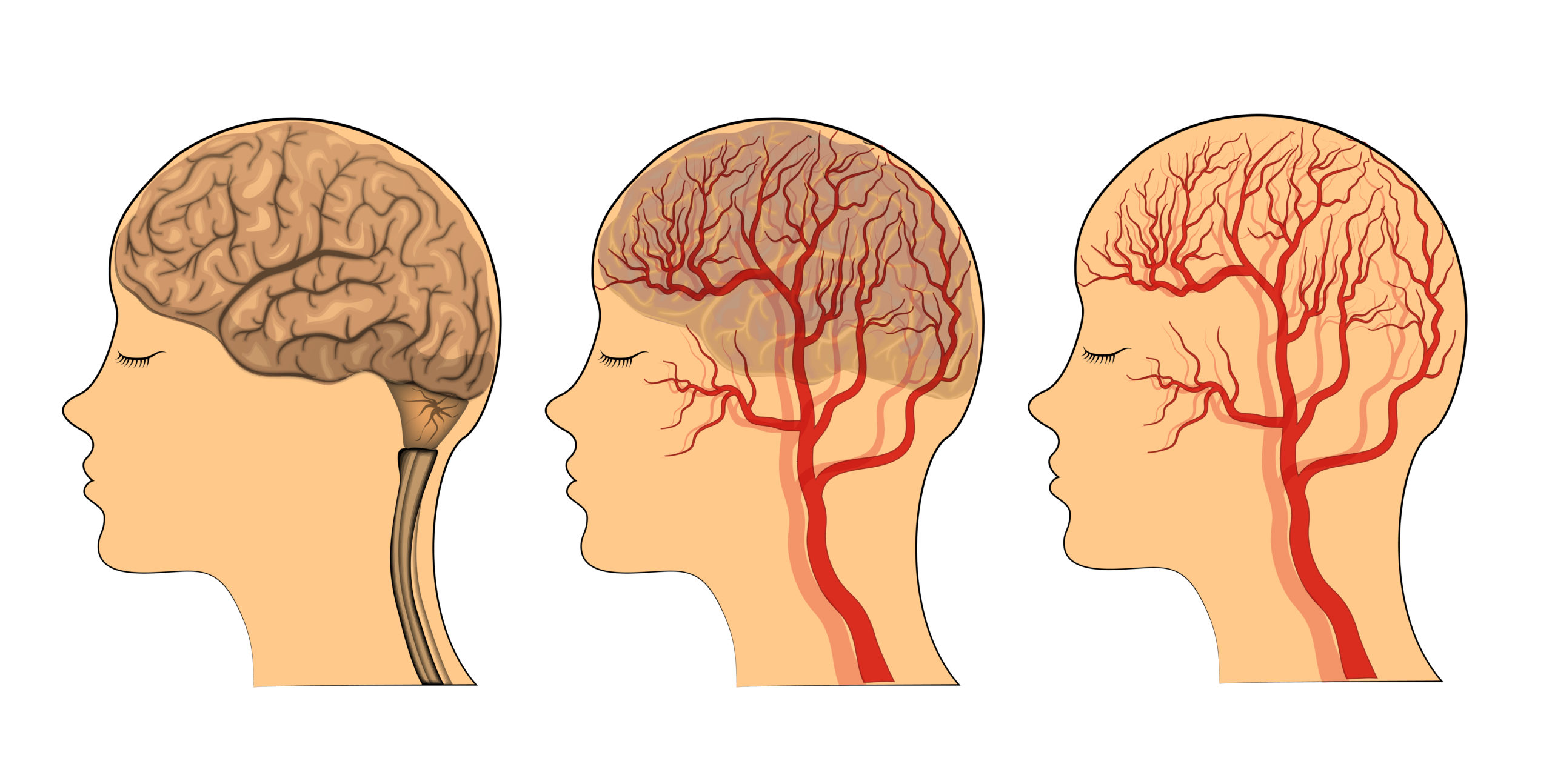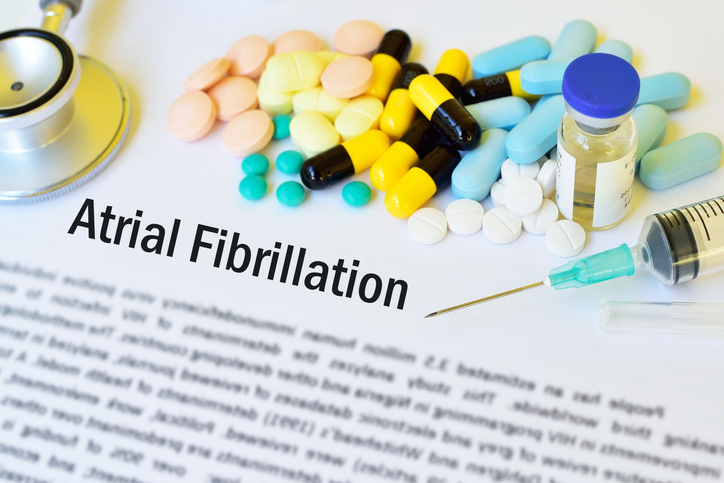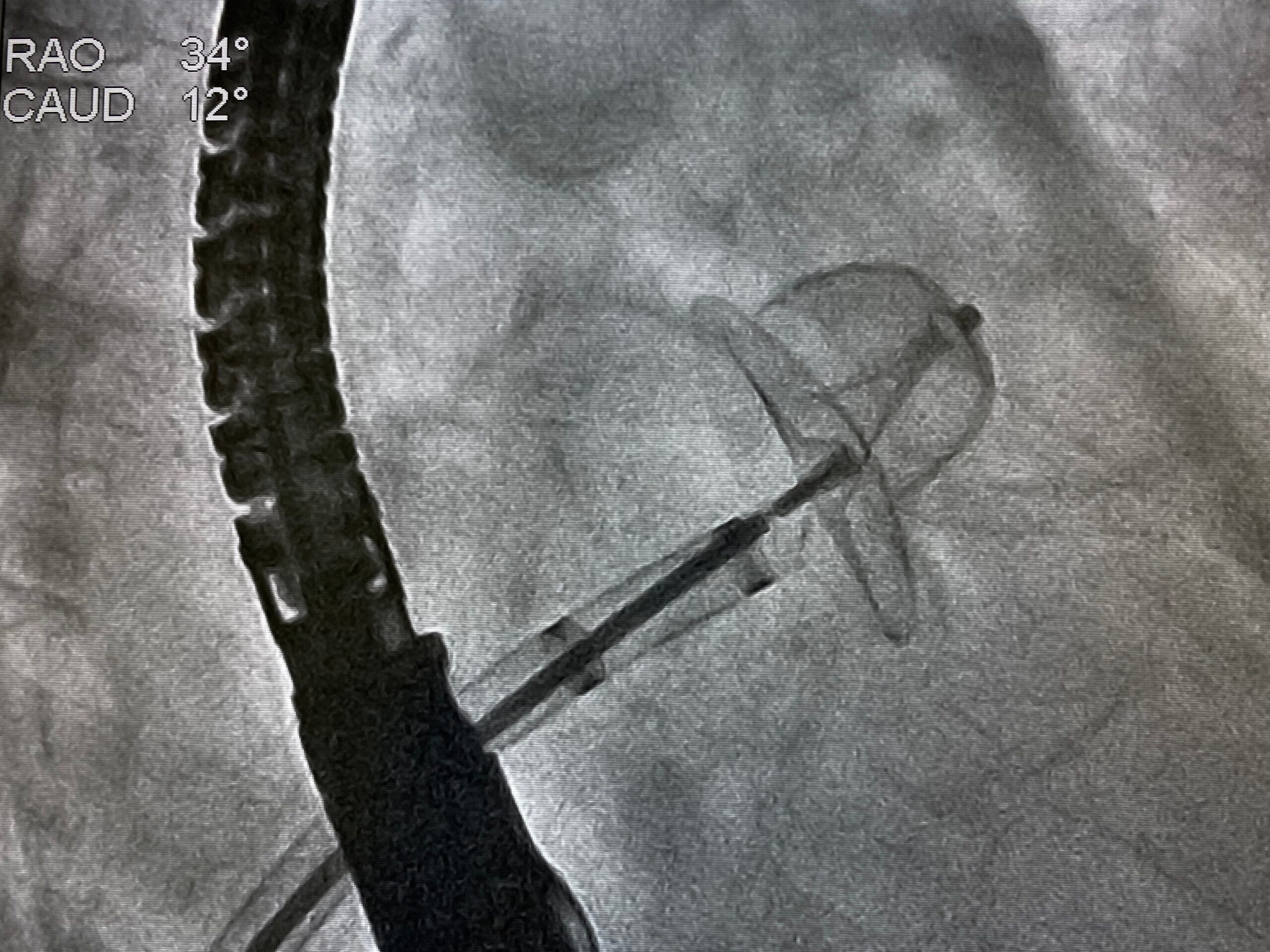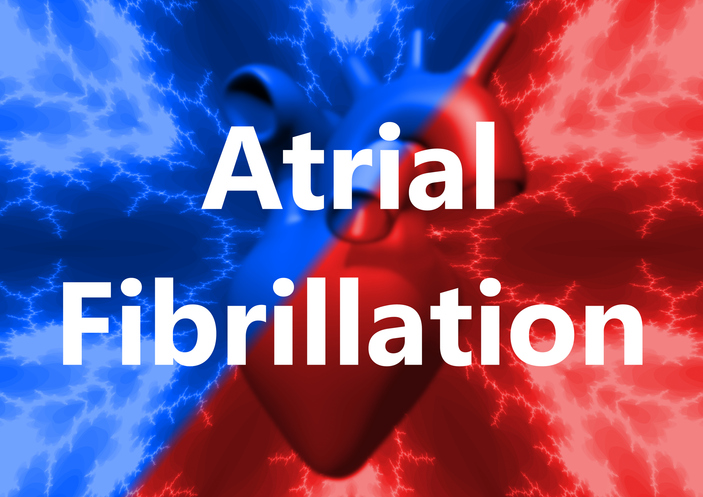
In a meta-analysis, published in Medicine, researchers explored the potential dose-response relationship between obstructive sleep apnea and atrial fibrillation. According to the lead author, Dong Zhang, the team found that obstructive sleep apnea was correlated with the risk of atrial fibrillation occurrence, regardless of atrial fibrillation subtype.
Furthermore, the researchers concluded that apnea-hypopnea index (AHI)—an indicator of obstructive sleep apnea severity—was positively correlated with new-onset atrial fibrillation. The results were presented in Medicine.
The meta-analysis included 16 observational studies on obstructive sleep apnea and atrial fibrillation published by November 2020 on the PubMed, Embase, Cochrane Library, and Web of Science databases. The investigators used linear and spline dose-response models and traditional subgroup meta-analysis to assess the association between the AHI and the risk of atrial fibrillation.
Obstructive Sleep Apnea Association with Atrial Fibrillation Results
According to the report, the odds ratios for new onset atrial fibrillation with no obvious cause, new onset atrial fibrillation after surgical operations, and atrial fibrillation after ablation were 1.71 (95% confidence interval [CI], 1.37-2.13; P<.05), 2.65 (95% CI, 2.32-3.01; P<.05), and 2.93 (95% CI, 2.47-3.49; P<.05), respectively. Notably, the authors’ linear dose-response meta-analysis determined that the risk of atrial fibrillation increased with increasing AHI values.
The authors noted that their analysis had some limitations, including small sample sizes in some of the included studies, which subsequently introduced regression errors in the linear and spline models due to the lack of data. Additionally, the measurement techniques of obstructive sleep apnea severity were different between the studies, which may have influenced AHI values. The authors advanced that it will be necessary for doctors to choose appropriate timings for obstructive sleep apnea treatment. If you have a sleep condition that keeps you from getting a good night’s rest, you may need to visit a sleep center to get a proper diagnosis and treatment.
Overall, Zhang and colleagues concluded that obstructive sleep apnea was correlated with the risk of atrial fibrillation via the association with higher AHI values. They added that “further studies are needed to assess the optimal timing for sleep apnea treatment in obstructive sleep apnea patients according to their AHI for AF prevention.”
Find More Breaking Research and Expert Interviews on the Atrial Fibrillation Knowledge Hub







 © 2025 Mashup Media, LLC, a Formedics Property. All Rights Reserved.
© 2025 Mashup Media, LLC, a Formedics Property. All Rights Reserved.